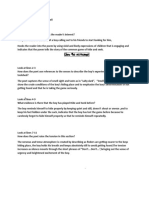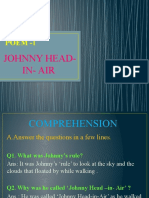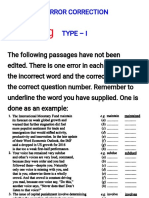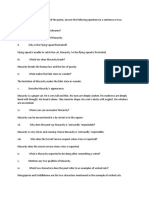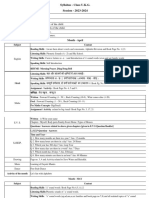50% found this document useful (2 votes)
4K views2 pagesMaps Word File Question and Answers
Maps allow us to imagine distant places and plan adventures, making the unfamiliar seem fascinating. They transport us elsewhere in our minds, whether depicting trains, roads, or winds and weather. Maps have a magical quality, like magic wands, in how they ignite our imagination to envision markets, ships, ice floes, and more beyond what is directly shown.
Uploaded by
Ridhi BhatiaCopyright
© © All Rights Reserved
We take content rights seriously. If you suspect this is your content, claim it here.
Available Formats
Download as DOCX, PDF, TXT or read online on Scribd
50% found this document useful (2 votes)
4K views2 pagesMaps Word File Question and Answers
Maps allow us to imagine distant places and plan adventures, making the unfamiliar seem fascinating. They transport us elsewhere in our minds, whether depicting trains, roads, or winds and weather. Maps have a magical quality, like magic wands, in how they ignite our imagination to envision markets, ships, ice floes, and more beyond what is directly shown.
Uploaded by
Ridhi BhatiaCopyright
© © All Rights Reserved
We take content rights seriously. If you suspect this is your content, claim it here.
Available Formats
Download as DOCX, PDF, TXT or read online on Scribd
/ 2












